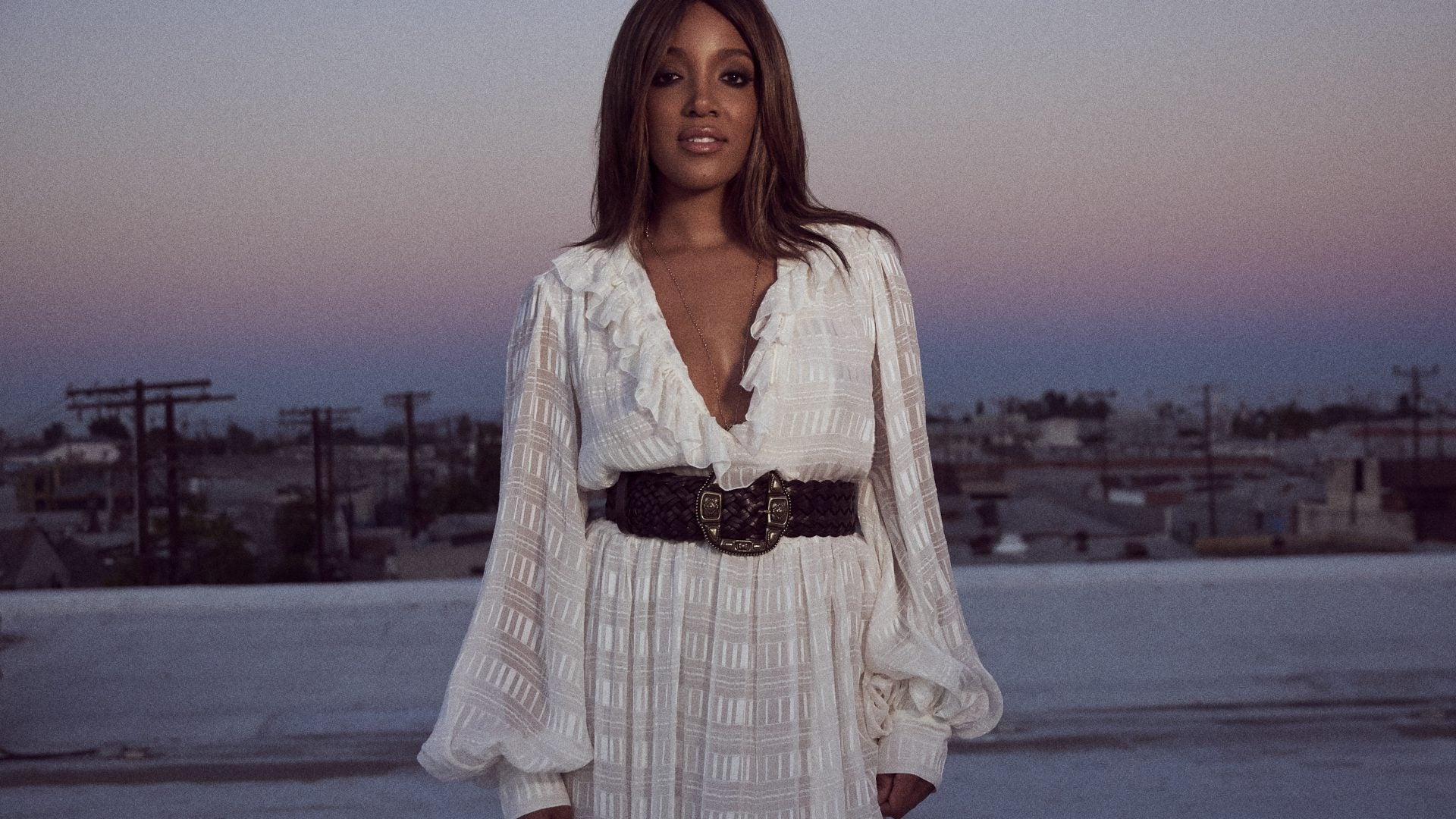
We’ve almost cleared three full months into the new year, yet we’ve hardly given ourselves a moment to process how defiant 2020 was for so many. There were upsides, however, that appeared to be by chance given the year’s uncertainty and perpetual bad news. But when it comes to the past year Mickey Guyton has had, it’s clear her accomplishments are purely the result of hard work and perseverance.
In September, Guyton became the first Black solo artist to perform at the Academy of Country Music Awards, and even nabbed a Grammy nomination for her single “Black Like Me,” a personal ballad she was inspired to pen after the murders of Atatiana Jefferson and Botham Jean. The song was released around the tragic death of George Floyd and the resurgence of the Black Lives Matter movement last summer, where it gained significant traction. Guyton is currently a Grammy contender in the Best Country Solo Performance category, making her the first Black woman to receive such a nod in 45 years.
We touched base with Guyton at the top of January — just over a month before the Grammy’s original February airdate and shortly after the awards ceremony was pushed back to this coming Sunday. The Arlington, Texas native was five weeks away from giving birth to her son then, so the Grammy postponement was a blessing in disguise.
“We had it all planned,” Guyton shares. “My doctor was going to be there after my performance; an ambulance was going to be there just in case.”
Guyton began our chat declaring the encouragement she felt for that day despite also feeling the weight of the world as we knew it. Her selflessness and subsequent self-awareness clashed with her history-making moments. As an artist who chose to lend their voice in a genre that rarely gives space to the Black experience, this push/pull inner dialogue is warranted.
“I have imposter syndrome,” she admits, “And often I feel like it’s undeserving, even though I’ve worked really hard for it. It’s really hard for me to accept. I constantly remind myself that this is a beautiful thing, but there are people out there that are doing so much more than me. These are huge accolades, but until I see more Black women and more women of color consistently making it [in country], and consistently being seen, and consistently being heard, it’s hard to celebrate that just yet.”
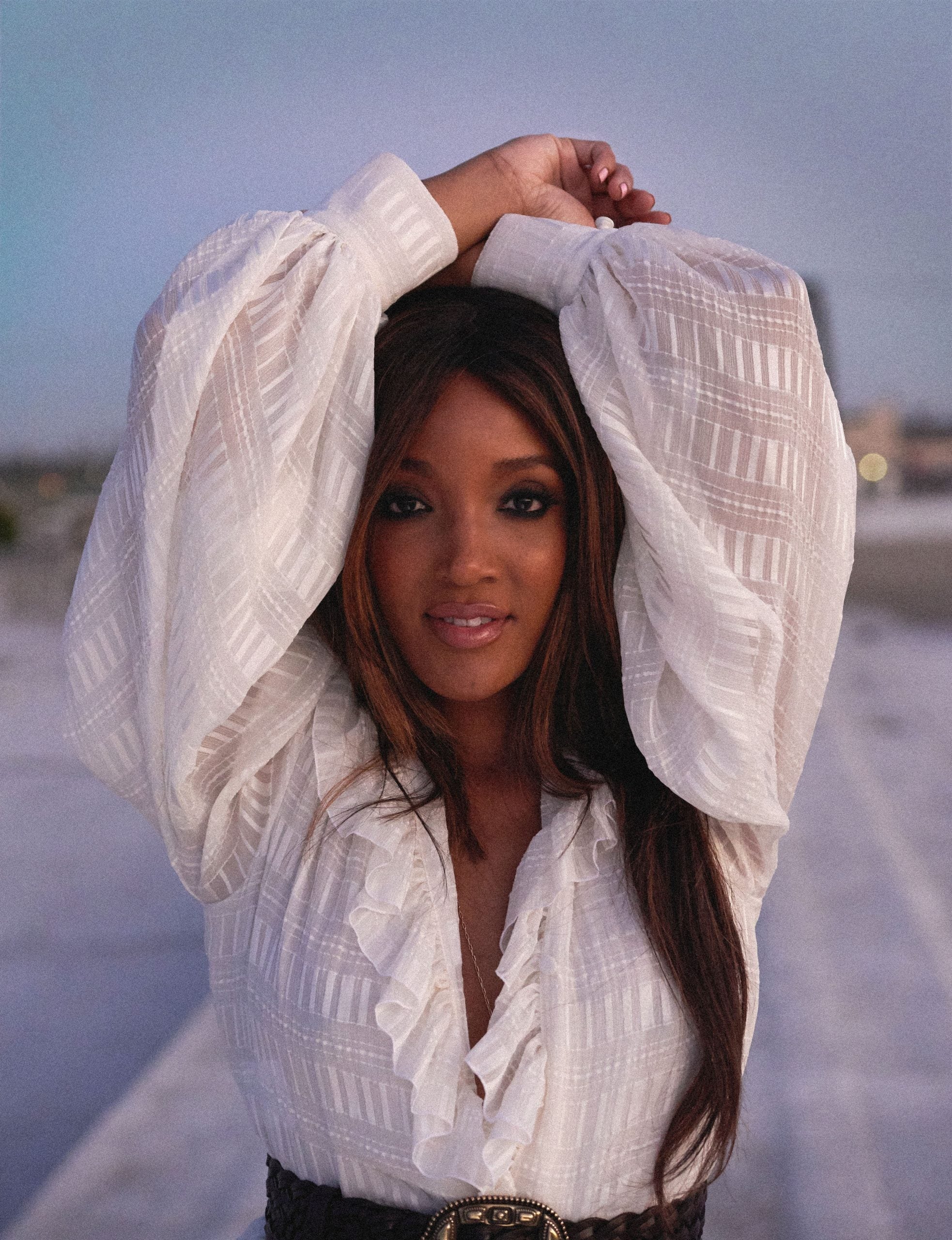
While Guyton notes her amplification in a genre with Black roots that have been disregarded throughout the years is a good start, it’s still not enough, she says.
“I should be celebrating myself but I still find myself just so sad when it’s not happening as fast as I want to see it. But I do appreciate and love it. And I’m hopeful and will use this platform to hold the door open for other artists — Black women and women of color — in this genre.”
Growing up, falling in love with country music was inevitable for Guyton. “I’ve got cousins who train horses. My grandma loved Dolly Parton. When I would go over her house, and when I’d want to see which VHS tapes I wanted to watch, I had Parton, Kenny Rogers, The Roots Collection, and all these different southern movies to choose from. It was always a part of my life.”
Guyton found her voice at just the tender age of 5, where she would sing in the choir at Arlington’s Mount Olive Baptist Church. She attributes seeing LeAnn Rimes’s rendition of the national anthem as the sure sign for her to pursue a career in country music, making the move to Los Angeles after graduating from high school. Balancing her studies at Santa Monica College and working minimum wage jobs to support herself, Guyton was determined to grind it out if it meant getting closer to making her dream a reality. After being introduced to movers in the country music industry like Gary Borman and Steve Moir (both are credited to have helped kickstart the careers of Lady Antebellum, Faith Hill and Keith Urban) by producer Julian Raymond, Guyton made yet another move to Nashville, Tennessee in 2011. She would then become immersed in the country music capital’s songwriting community.
Landing a deal with Capitol Records’ Nashville division after an audition for the label’s chairman Mike Dungan would be the beginning of Guyton’s path of firsts that same year, where she became the genre’s only Black woman artist signed to a major label. She would then perform at the White House as a new signee alongside Darius Rucker, Lyle Lovett and more.
Guyton makes music for Black women and continues to be inspired by her experiences as a Black woman herself. Standing firm in that purpose took time amid pushback from the homogenous industry and overcoming feelings around being alone.
“Today, I still don’t really see myself in country music,” she says. “Women don’t even see themselves in country music. It’s heavily white male dominated and you don’t really see yourself. But it wasn’t until I discovered Rissi Palmer, who came before me, that gave me the courage to want to pursue an actual career in country. I’ve gotten further than her, but it’s still been a fight. I realized the more research I did about the origins I realized that country music came from Black people. From then I made sure to immerse myself in this genre not just for me, but for other people to be able to see themselves within this genre.”
Guyton continues to push through the difficulty of holding her own to ultimately open doors for those who look like her to pursue a similar path. “So often, Black people were put in the R&B category and that’s all we’re allowed to sing no matter how you sound. For some reason, people could make sense of us [there],” she adds. “I don’t think that’s fair. We’re so many different shades, we come from so many different walks of life, and it’s okay for us to like whatever genre of music that we like. And we should be allowed to sing that.”
Guyton’s growing repertoire of music is reminiscent of the greats, past and present. Sonically, she channels Whitney Houston’s passion and sense of urgency, while her calling to address issues head-on, regardless of how that may make people who aren’t used to hearing messages of social justice in country music feel, conjures up the spirit of Nina Simone. That unfortunately has resulted in a fair share of vitriol.
“They would reach out to me on my social media and say pretty horrible things to me. And that just further confirmed that I was doing exactly what I was supposed to do because if I’m just not rocking the boat and just falling in line, nobody is going to have anything to say and they’re not going to care what I have to say,” she says. “But if I’m speaking on truth — all I’m doing is speaking truth and love — I’m not here to attack anybody, I’m here to address issues that have been going on for a very long time.”

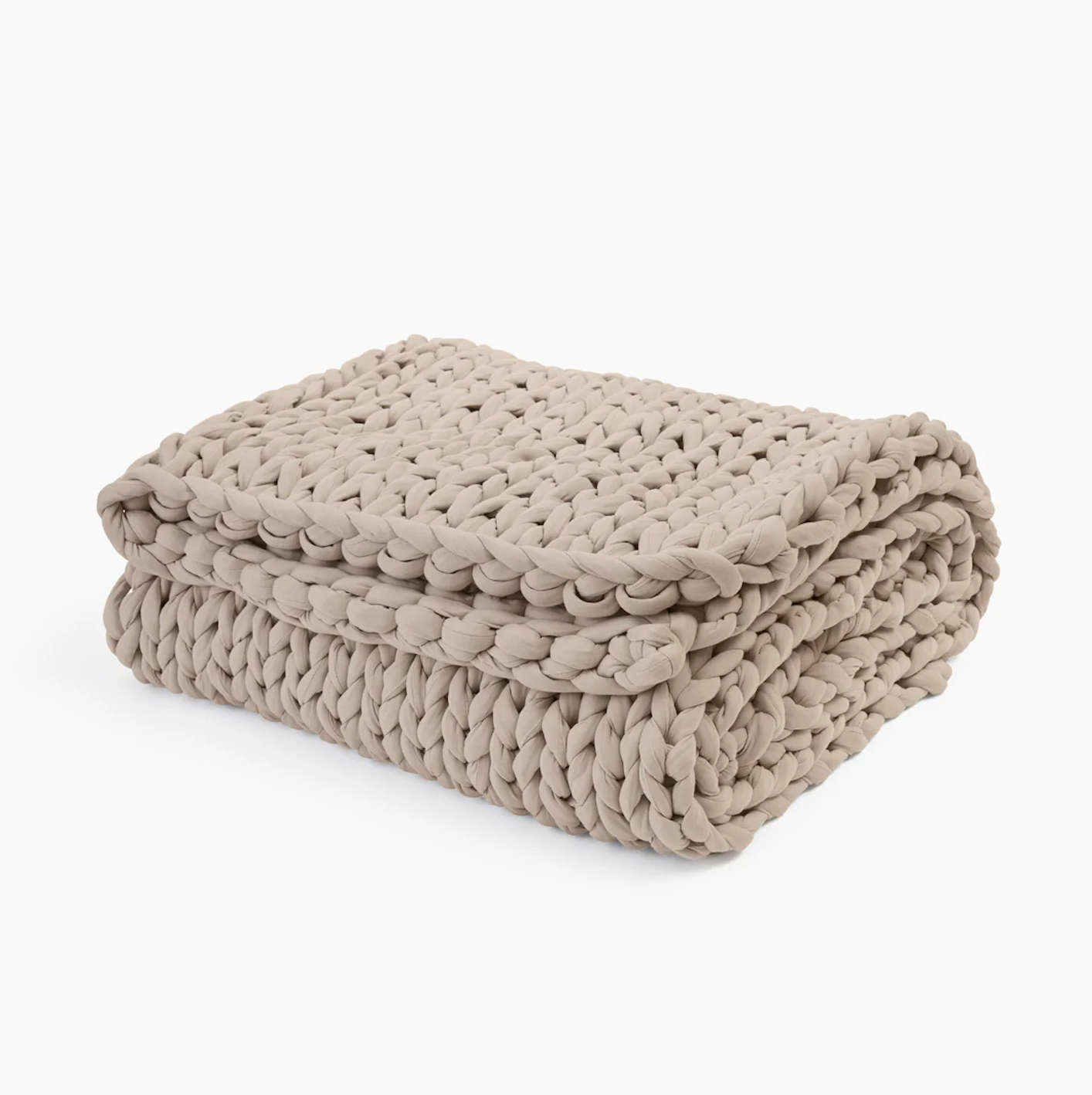


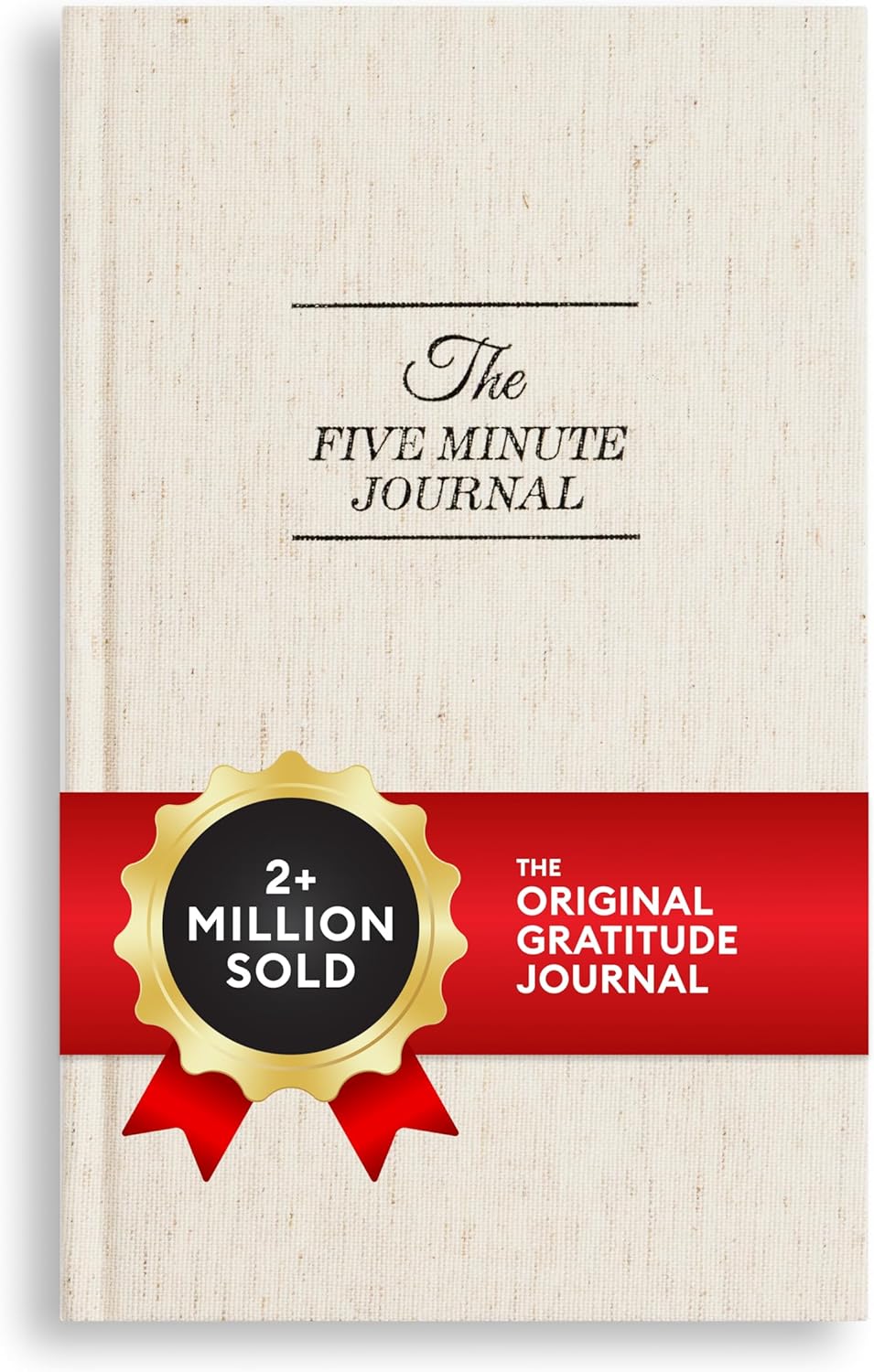
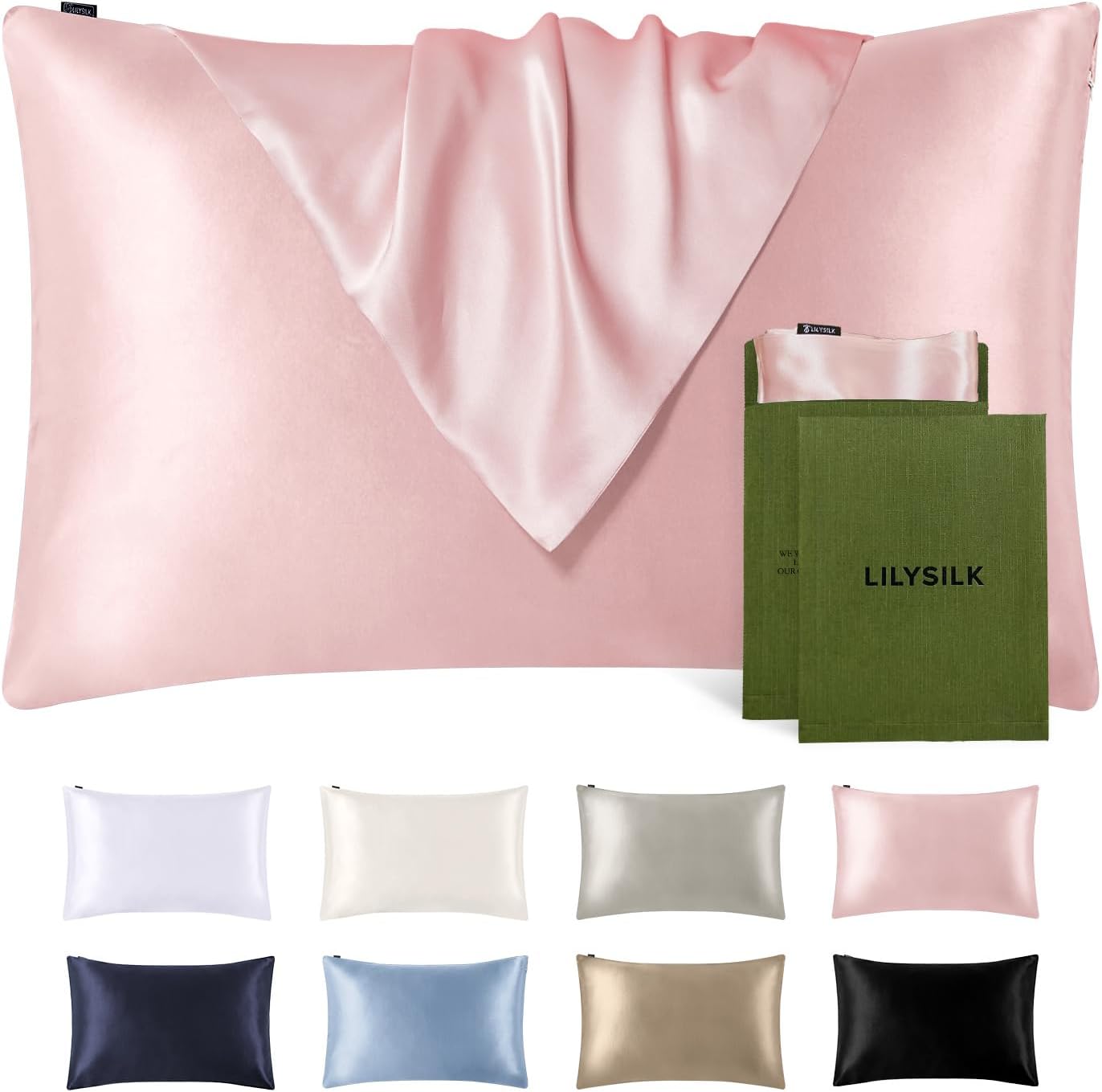

Whether or not Guyton takes home a gilded gramophone, she’s still on her way to having a new year of firsts. She’s slated to be the first Black woman to co-host this year’s ACM Awards, where she’ll be presenting alongside Keith Urban. Her work to genuinely diversify the country music scene is work she’s fervent in pursuing with like-minded allies, as she served on ACM’s diversity task force and was appointed their first Black female writer on the production side.
“We have a long way to go in country music,” she affirms, “But there are people actively working relentlessly to make it better.”







